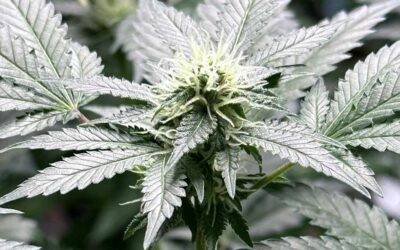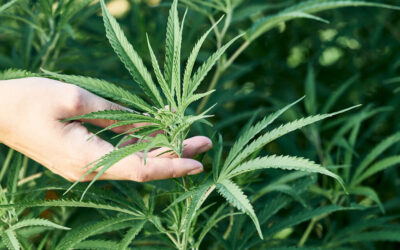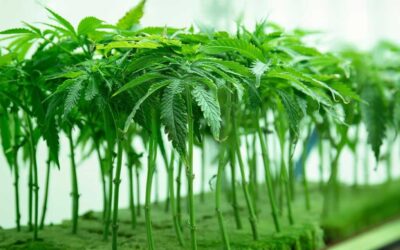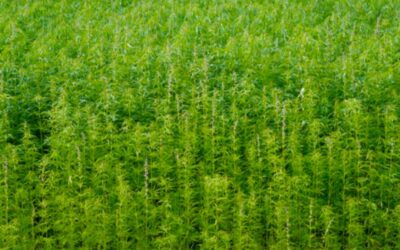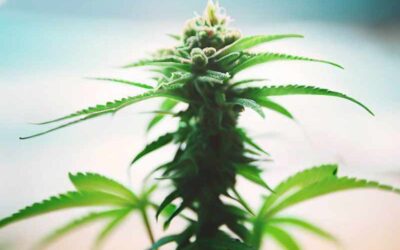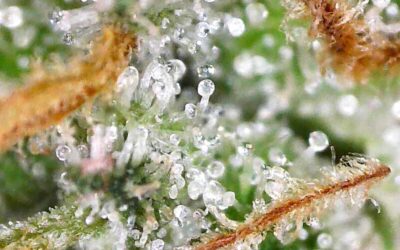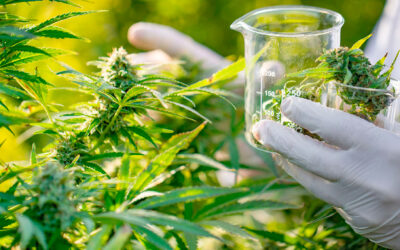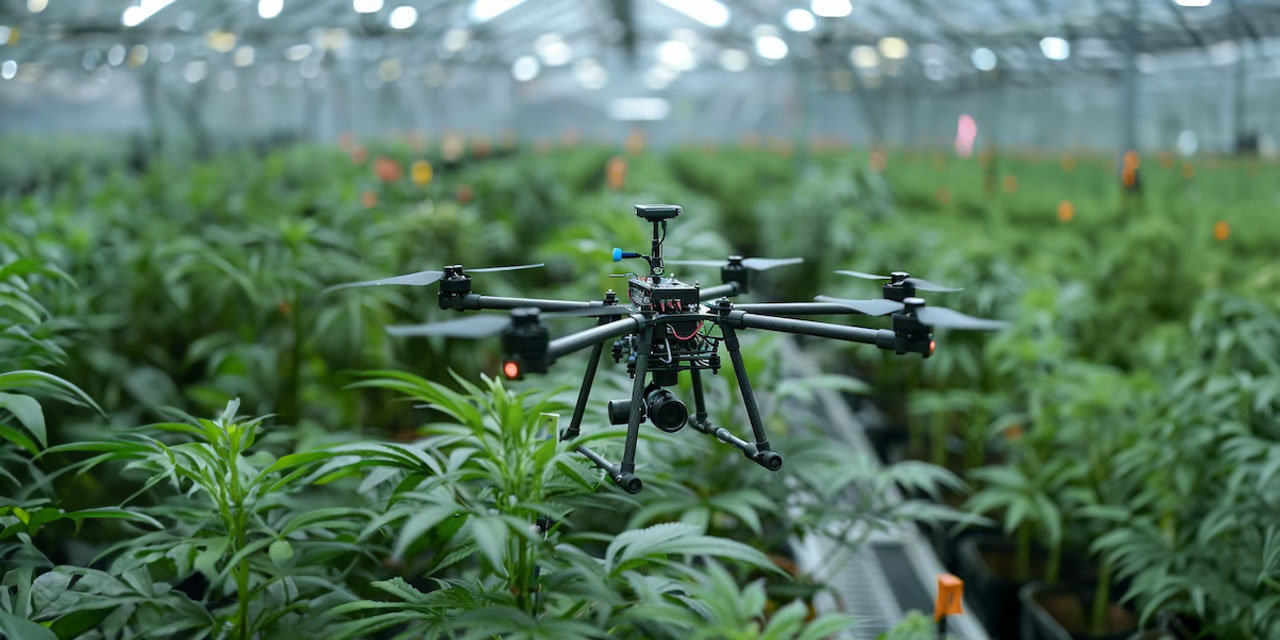
Technology in Modern Cannabis Cultivation
In recent years, the cannabis industry has undergone a dramatic transformation, driven in large part by technological innovations. These advancements are revolutionising how cannabis is cultivated, leading to increased efficiency, higher yields, and improved product quality. From sophisticated environmental control systems to cutting-edge data analytics, technology is reshaping the landscape of cannabis cultivation. In this post, we’ll explore how these innovations are transforming growing processes and what this means for the future of the industry.
Precision Agriculture and Environmental Control
One of the most significant technological advancements in cannabis cultivation is the implementation of precision agriculture techniques. These methods utilise sensors and automated systems to monitor and control the growing environment with remarkable accuracy. For instance, sensors can measure soil moisture, nutrient levels, light intensity, and temperature in real-time, allowing growers to make precise adjustments to optimise plant growth.
Automated environmental control systems have become increasingly sophisticated, enabling the maintenance of ideal growing conditions. These systems can regulate temperature, humidity, CO2 levels, and light cycles automatically, ensuring that plants receive the optimal conditions for each stage of growth. This level of control not only maximises yield but also improves the quality and consistency of the final product.
LED Lighting and Energy Efficiency
Lighting is a critical component of indoor cannabis cultivation, and advancements in LED technology have had a profound impact. Modern LED grow lights are highly energy-efficient, consuming significantly less power than traditional HID (high-intensity discharge) lights. They also produce less heat, reducing the need for extensive cooling systems and further decreasing energy consumption.
Moreover, LED lights can be fine-tuned to emit specific wavelengths of light that are most beneficial for cannabis growth. This targeted lighting can enhance photosynthesis, leading to faster growth and higher yields. Growers can also adjust the light spectrum to cater to different stages of the plant’s lifecycle, from vegetative growth to flowering, ensuring optimal development at each phase.
Data Analytics and Machine Learning
The integration of data analytics and machine learning into cannabis cultivation is another game-changer. Growers can collect vast amounts of data from their operations, including environmental conditions, plant health metrics, and yield outcomes. By analysing this data, they can identify patterns and correlations that inform better cultivation practices.
Machine learning algorithms can predict potential issues before they become problematic, such as pest infestations or nutrient deficiencies, allowing for proactive management. These predictive capabilities help reduce crop loss and improve overall efficiency. Additionally, data-driven insights can guide breeding programs to develop new strains with desired traits, such as higher potency or resistance to diseases.
Automation and Robotics
Automation is streamlining many aspects of cannabis cultivation, reducing labour costs and increasing operational efficiency. Automated systems can handle tasks such as watering, nutrient delivery, and even harvesting. For example, drip irrigation systems deliver water and nutrients directly to the plant roots with precision, minimising waste and ensuring consistent feeding.
Robotic systems are also being developed for more complex tasks. Some robots are designed to trim and prune plants, while others can assist in transplanting seedlings or monitoring plant health. These technologies reduce the reliance on manual labour, allowing growers to scale their operations more effectively and focus human resources on tasks that require expertise and judgment.
Blockchain and Supply Chain Transparency
Beyond the growing process, technology is enhancing transparency and traceability in the cannabis supply chain. Blockchain technology, for instance, is being used to create immutable records of each stage of the production process, from seed to sale. This ensures that all transactions and movements of the product are recorded in a secure and transparent manner.
Consumers and regulators alike benefit from this increased transparency. For consumers, blockchain can provide assurance about the origin and quality of the cannabis they purchase. For regulators, it simplifies compliance and helps prevent illegal activities such as diversion and counterfeiting.
The Future of Technology In Modern Cannabis Cultivation
The role of technology in modern cannabis cultivation is only expected to grow. As the industry continues to evolve, we can anticipate even more sophisticated innovations that will further enhance efficiency, yield, and quality. Technologies such as artificial intelligence, advanced genetics, and nanotechnology hold great promise for the future.
Technology is fundamentally transforming cannabis cultivation. From precision agriculture and LED lighting to data analytics and automation, these innovations are enabling growers to produce higher-quality cannabis more efficiently than ever before. As the industry embraces these advancements, the future of cannabis cultivation looks brighter than ever, promising continued growth and innovation.












